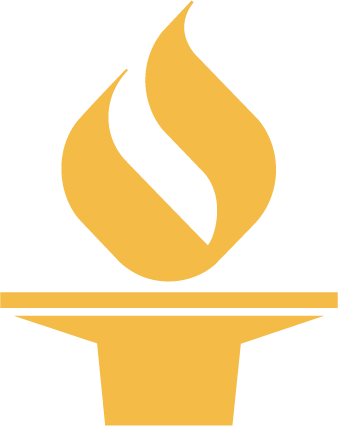By Victoria Moussot
February 6, 2017
Disclaimer: The views and opinions of this article are those of the author’s and do not necessarily represent the views and opinions of St. Thomas Aquinas College, its staff, or any/and all of its contributors or affiliates.
The First Amendment encompasses the most basic American rights: freedom of religion, freedom of speech, freedom of the press, the right of assembly and the right of petition. During the recent Presidential Election, accusations of media bias by both parties highlighted the powerful influence of information. Some Americans began to wonder if our government should stop the leaks and censor the internet to ensure factual news reports to guarantee fairness. The idea of “fairness” may tempt some to say that the government should regulate and control the news outlets and media. But what effect does it have on society? According to a report from Freedom House, Silencing the Messenger: Communication Apps Under Pressure, “social media users face unprecedented penalties, as authorities in 38 countries made arrests based on social media posts over the past year. Globally, 27 percent of all internet users live in countries where people have been arrested for publishing, sharing, or merely “liking” content on Facebook.” Authorities use anti-terrorism laws to prosecute users for simply writing about democracy, religion or human rights. The New York Times Article, The Future of Internet Freedom, states “…a vibrant community of engineers from San Francisco to Beijing have collaborated on circumvention technologies to shield dissidents from surveillance.” This is to help those living in tremendous fear and worry about being imprisoned for simply promoting and expressing ideas that do not fit the Authoritarian government’s agenda.
Both democratic and nondemocratic countries have passed laws that limit privacy and authorize board surveillance. The First Amendment gives Americans an advantage to which citizens of other nations do not have. Our law even protect those who have been identified, such as CNN and Buzzfeed, for creating “fake news.” But would government control over the internet avoid manipulation of information? Every side has a perspective and vested interest. In Vietnam, a law called Degree 72 makes it illegal to digitally distribute content that opposes the government and share news stories on social media. Would American citizens want to live in a country like Vietnam where the government’s vested interest is to keep itself in power at the expense of its citizens’ knowledge? Thankfully, we live in an open society where ideas are not illegal. We are not threatened with imprisonment for disagreement or complaint. Governments who censor the internet have more control over their citizens, and a lack of tolerance and diversity by imprisoning people for ideas, or blocking the internet, is unacceptable and dangerous to a free society.
The First Amendment gives control to the people by letting them freely express their views and opinions without government threat or retribution. America has flourished because of tolerance, diversity, and respectful dialogue. Americans may not always agree but we must always be the loyal opposition, unafraid of ideas. Internet Censorship is neither constructive or worthy of being in America.
